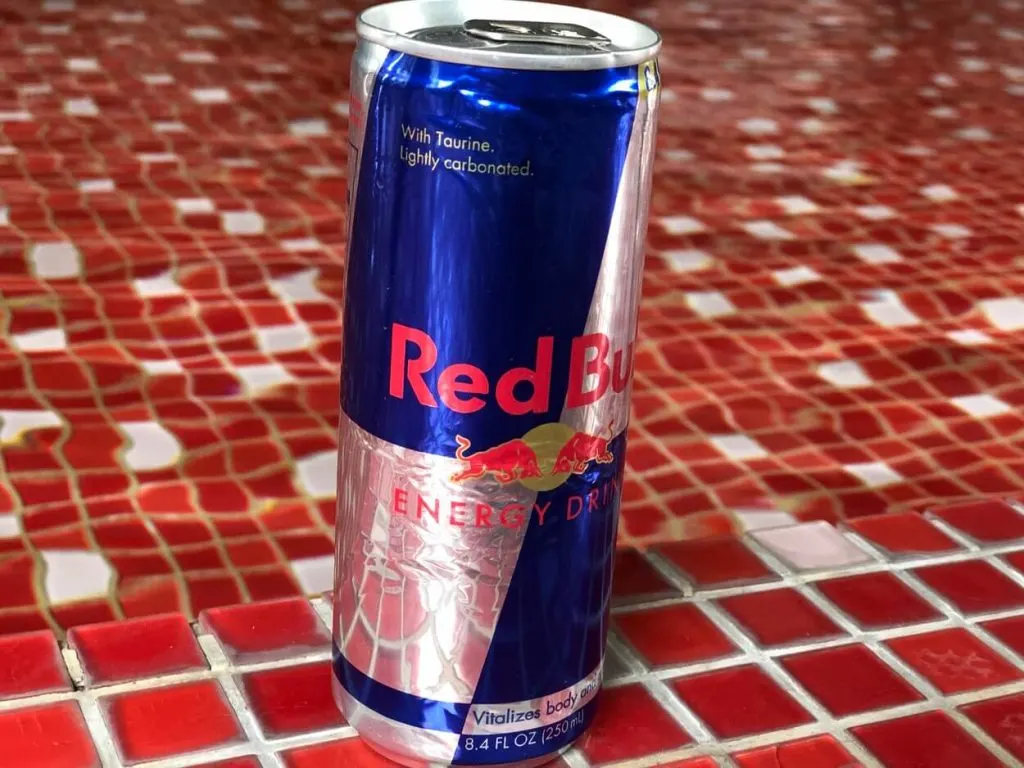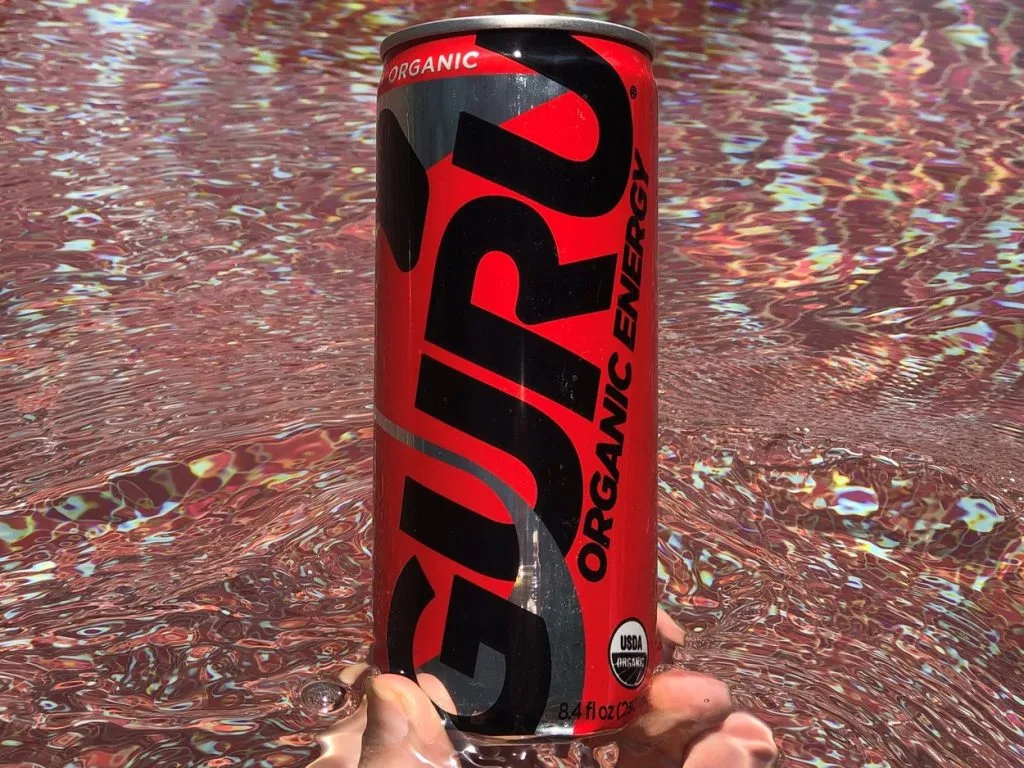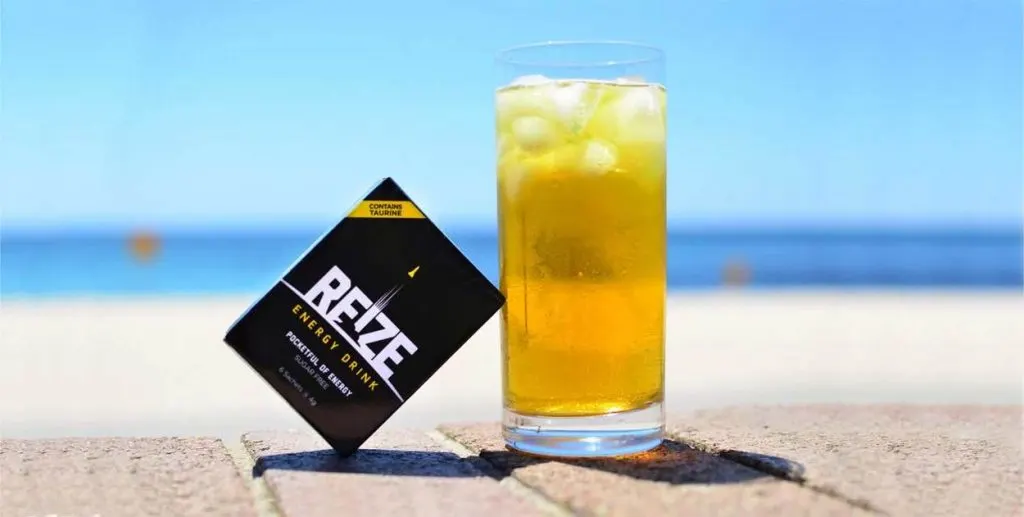Top Recommendations: REIZE Energy!
Ramadan is a holy month in the Islamic Calendar, whereby Muslims across the world would fast for 29 to 30 days. During Ramadan, Muslims taking part do not eat anything during daylight hours, having one meal before dawn (the ‘suhur’) and another after sunset (the ‘iftar’).
The end of Ramadan is celebrated with the first daytime meal of the month, during ‘Eid al-Fitr’, the Festival of Breaking the Fast.
With only two meals daily during Ramadan, you can get tired pretty quickly as you’ll have to go on with your day without frequent coffee and snack breaks.
However, to keep yourself energized during Ramadan is more about what you eat rather than how much you eat.
At this point, you may be skeptical as to whether your favorite energy drinks can keep you awake and refreshed while fasting…spoiler alert: they can.
Of course, before you start chugging on cans of energy drinks, there are a few things you should be aware of first.
For a more detailed discussion, read on to find out about energy drinks and fasting, what to look out for, and which brands check out all the boxes.
Energy Drinks And Fasting
When you’re fasting in the month of Ramadan, you can only eat and drink before and after sunset.
That leaves a pretty long interval of time in between before you can break your fast.
As such, it’s pretty normal to feel lethargic and tired hours later after suhur, especially if you regularly drink caffeinated beverages, or eat consistently throughout the day.
While coffee and tea can do a good job of keeping your energy levels up for quite some time, energy drinks can do a much better job, since they have more concentrated doses of caffeine for a sustained energy boost.
Like most of your caffeinated beverages, energy drinks have varying levels of caffeine, between 50mg to 300mg depending on the brand, for improved alertness, physical performance as well as cognition.
Of course, the amount of caffeine you’ll need for the day depends on your metabolism and how much you can generally tolerate.
That said, caffeine isn’t something you should go crazy with, even if you can’t have it after suhur and iftar end. For direction, the FDA suggests an everyday caffeine admission of up to 400mg for sound grown-ups.
Any more than that, and you could end up with adverse effects such as:
- Restlessness and shakiness
- Headaches
- Insomnia
- Rapid heart rhythm
- Dizziness
Hence, if you don’t want a caffeine-induced headache, be sure to select an energy drink with tolerable caffeine content and try not to double down on caffeinated beverages in general.
In addition to caffeine, sugar is another major ingredient in energy drinks, contributing to their delicious taste as well as providing a temporary boost.
Energy drinks usually have high levels of sugar, so you’ll need to be mindful of the number of cans you have in a day, otherwise, you’ll end up with a sugar crash, which leaves you feeling tired.
For reference, the AHA suggests a day-by-day sugar cutoff of 25g and 36g for women and men separately.
A diet fairly high in sugar can lead to some serious health problems in the long run, such as:
- Diabetes
- Weight gain
- Cardiovascular diseases
- High blood pressure
- Aging skin
Therefore, be sure to moderate your consumption of sugar-containing energy drinks, or go for sugar-free options instead to reduce the risk of a crash afterward.
In any case, be mindful of the number of energy drinks you have within a day, as you definitely don’t want to end up with some nasty adverse effects while you’re fasting.
Are Energy Drinks Bad On An Empty Stomach?

Energy drinks, and caffeinated beverages in general. can be bad if you drink it on an empty stomach as it could increase acid production and cause a few potential negative effects.
While you may think that having caffeine the first thing in the morning can perk you up faster, doing so could actually backfire on your body and health, according to this article.
As you know, energy drinks contain a lot of sugar and caffeine, and consuming them without eating beforehand is probably why you became sick. It most likely triggered gastritis, which in turn led you to throw up.
When consumed before any solid food, caffeine causes your stomach to release acid, which could damage the lining of your stomach, leading to side effects like heartburn and indigestion. In the long run, it may even lead to gastritis.
Plus, having caffeine on an empty stomach could increase the risk of other adverse effects such as jitters, mood changes, irritability, and inability to focus.
You also wouldn’t be able to properly function without some food to fill your stomach and boost your energy levels.
The best way to have your energy drink, or any other caffeinated beverage for that matter, is with a hearty and nutritious meal when you break your fast.
Are Zero-Calorie Energy Drinks Good During Fasting?
Zero-calorie energy drinks can be good during fasting, as you won’t get a sugar crash after drinking them, and they also reduce the risk of weight gain and other diseases.
During Ramadan, there’s a big chance you might stuff yourself with lots of food and drinks to satisfy your hunger and thirst after almost a whole day of fasting.
As such, zero-calorie energy drinks are great if you want to reduce your calorie intake when you’re fasting. Plus, your overall diet and blood sugar levels won’t be affected too, as zero-calorie energy drinks contain artificial sweeteners instead of sugar.
You also can avoid experiencing a sugar crash with zero-calorie energy drinks, with most of your energy coming from their caffeine content.
Of course, while zero-calorie energy drinks are beneficial, make sure to moderate your intake of them, as there are still concerns regarding the long-term effects of artificial sweeteners.
But, if you’re worried about the safety of artificial sweeteners, rest assured as they’re approved by the FDA for general use.
As long as you aren’t including zero-calorie energy drinks in every meal, you should be perfectly fine.
Best Energy Drink During Ramadan
| Energy Drink | Caffeine Content | Sugar Content | Calories |
| Red Bull | 80mg | 27g | 110 calories |
| C4 Energy | 300mg | 0g | 0 calories |
| Guru | 100mg | 21g | 80 calories |
| REIZE | 50mg | 0g | 11 calories |
Red Bull

As a classic energy drink, Red Bull is a simple yet tasty pick-me-up for your energy needs during Ramadan.
A single 8.4 fl. oz can of Red Bull has 80mg of caffeine, 27g of sugar, and 110 calories, with a handful of taurine and B vitamins.
Red Bull also offers a wide variety of flavors, which is a bonus, if you like switching up your flavors.
Furthermore, Red Bull also offers a sugar-free version, Red Bull Sugar-free with the same taste, caffeine content, and benefits.
If you want to know how well Red Bull works as an energy drink, check out my review on Red Bull for my thoughts and experience with the drink.
C4 Energy
Formulated to boost your workout performance to efficient levels, C4 Energy Drink is a sugar-free and calorie-free energy drink for a more sustainable energy boost.
Each 16 fl. oz can of C4 Energy has 300mg of caffeine, along with a generous serving of amino acids and B vitamins.
C4 Energy offers four series under its brand – each with a different set of ingredients and caffeine content to suit your energy needs.
If you want to know whether C4 Energy is good for daily consumption or not, feel free to check out the article I’ve written on the benefits and effects of drinking C4 every day for a more detailed discussion.
Guru

Made with a blend of natural ingredients, Guru is a refreshing energy drink made with the health-focused energy drink enthusiast in mind.
A single 8.4 fl. oz can of Guru has 100mg of caffeine, 21g of sugar, and 80 calories, with a clean and crisp flavor that’s reminiscent of green tea.
Free from preservatives, minerals, as well as B vitamins, Guru contains a small selection of organic ingredients such as guarana seed and ginseng extract, which could help boost your health.
While the Original flavor is a good drink, Guru Lite, their sugar-free version, offers the same caffeine content and benefits without the additional calories.
For an in-depth look into what goes into a can of Guru, check out the article I’ve written on the caffeine and ingredients of Guru, which explains what they do in detail.
REIZE (10 Out Of 10)

REIZE is a powdered energy drink that can be found in lightweight and fitting 4g sachets. With a rational 50mg of caffeine, REIZE is sugar-free and has only 11 calories in each serving.
Plus, REIZE is packed with lots of beneficial ingredients such as taurine, ginseng, and B vitamins that work together to provide you with a smooth energy boost – no crash afterward.
You can easily have REIZE either during suhur or iftar together with your meals. Since REIZE is sugar-free with moderate caffeine content, you can expect a pretty great boost without the overwhelming side effects or sugar crashes.
The best part is that REIZE ships to your home for only around $1 per drink, which is exceptional value for money.
Give REIZE a try, and you might find it to be the smarter choice for your energy needs during Ramadan.

